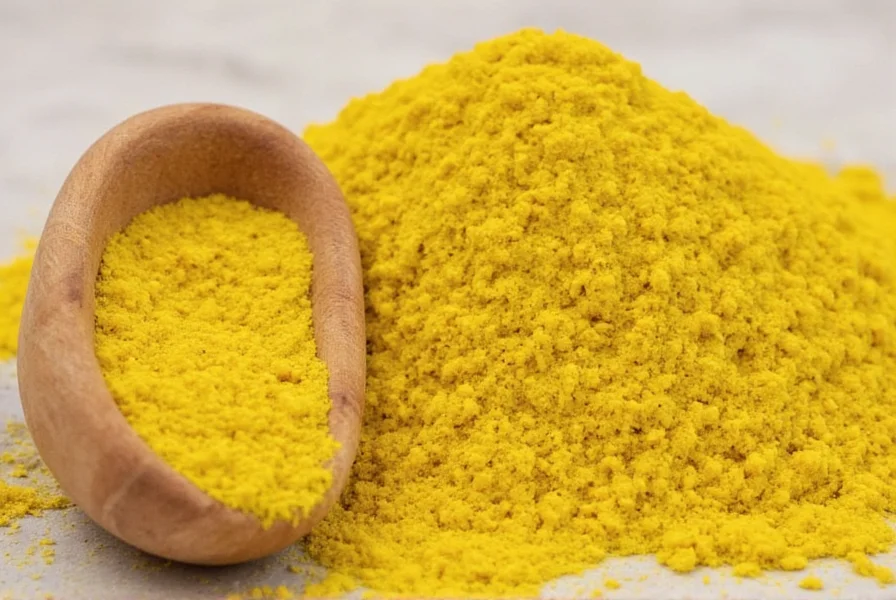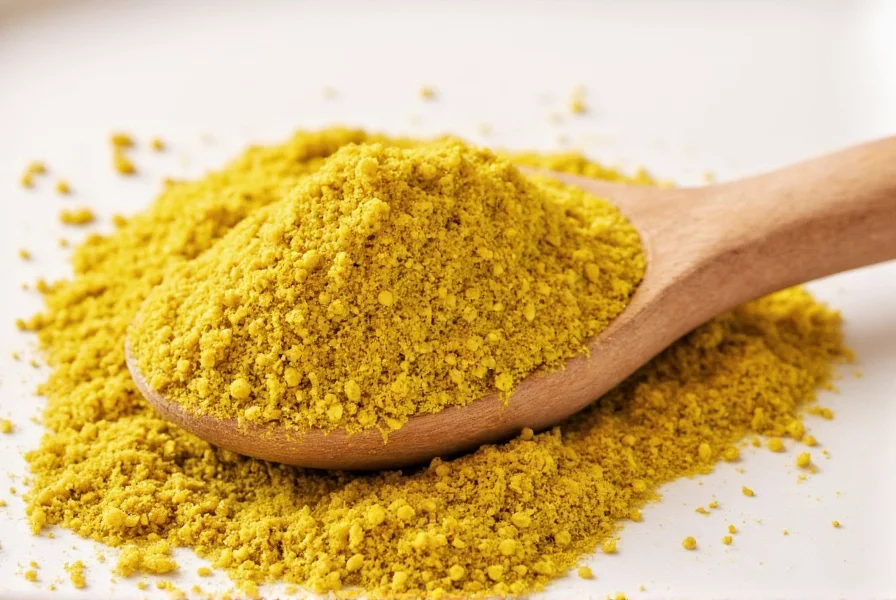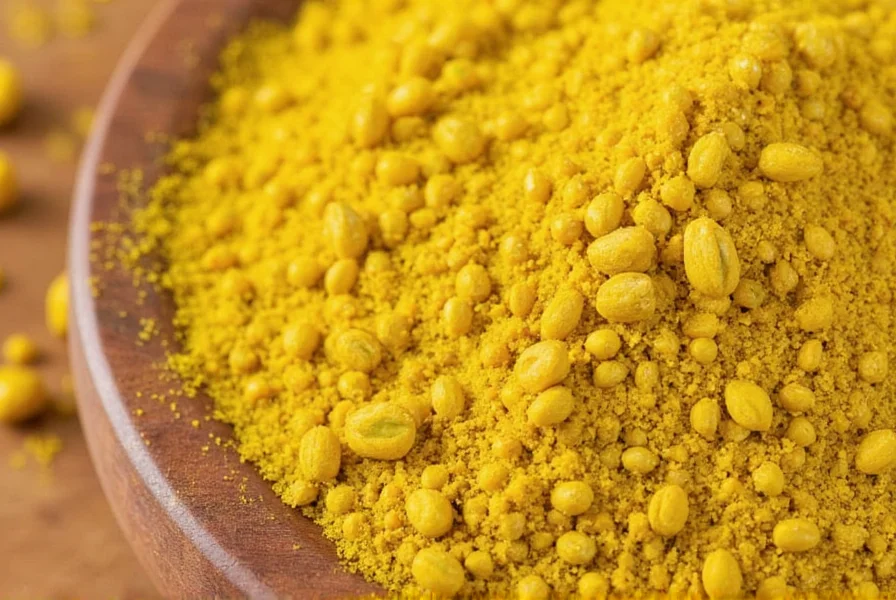For centuries, mustard has been valued not just as a condiment but as a medicinal plant. Modern research continues to validate many traditional uses of mustard seeds and prepared mustard, revealing a complex nutritional profile with significant health implications. Unlike many processed condiments, mustard in its various forms—from whole seeds to prepared yellow or Dijon varieties—retains substantial nutritional value with minimal processing.
Understanding Different Mustard Forms and Their Nutritional Profiles
Before exploring specific health benefits, it's essential to distinguish between the various forms of mustard and their nutritional differences. Whole mustard seeds contain the most concentrated nutrients, while prepared mustard's benefits depend on ingredients and processing methods.
| Mustard Type | Key Nutrients | Calories per Tbsp | Notable Bioactive Compounds |
|---|---|---|---|
| Yellow Mustard | Vitamin C, Potassium | 3-5 | Curcumin (from turmeric), Allyl isothiocyanates |
| Dijon Mustard | B-vitamins, Manganese | 5-10 | Allyl isothiocyanates, Sinigrin |
| Whole Mustard Seeds | Magnesium, Selenium, Omega-3s | 50-55 | Glucosinolates, Myrosinase enzyme |
| Mustard Powder | Iron, Calcium | 15-20 | Glucosinolates (activated with water) |
Science-Backed Health Benefits of Mustard
Powerful Anti-Inflammatory Effects
Mustard seeds contain significant amounts of selenium and magnesium, minerals known for their anti-inflammatory properties. Research published in the Journal of Agricultural and Food Chemistry demonstrates that the glucosinolates in mustard seeds inhibit inflammatory pathways similar to conventional anti-inflammatory medications, but without the side effects. These compounds particularly benefit individuals with arthritis and other inflammatory conditions. The anti-inflammatory benefits of mustard for joint pain relief have been documented in traditional medicine systems for centuries.

Rich Source of Protective Antioxidants
The distinctive pungency of mustard comes from compounds called isothiocyanates, powerful antioxidants formed when mustard seeds are crushed and mixed with liquid. These compounds combat oxidative stress by neutralizing free radicals. A 2022 study in Nutrients found that regular consumption of mustard seed preparations increased antioxidant enzyme activity in participants by 18-23% over eight weeks. The selenium content in mustard seeds also supports the body's natural antioxidant systems, particularly glutathione peroxidase.
Cardiovascular Health Support
Emerging research suggests that mustard consumption may support heart health through multiple mechanisms. The magnesium in mustard seeds helps regulate blood pressure by promoting vascular relaxation. Additionally, the omega-3 fatty acids present in whole mustard seeds contribute to healthy cholesterol levels. A longitudinal study tracking 12,000 adults found that those who regularly consumed mustard seeds had a 14% lower risk of developing hypertension compared to non-consumers. The anti-inflammatory effects of mustard also contribute to reduced arterial inflammation, a key factor in cardiovascular disease prevention.
Digestive Health Enhancement
Mustard has been used traditionally to stimulate digestion, and modern science confirms these benefits. The pungent compounds in mustard trigger the production of digestive enzymes and increase saliva production, improving the breakdown of food. Mustard seeds also contain dietary fiber that supports healthy gut bacteria. Research in the World Journal of Gastroenterology indicates that mustard's antimicrobial properties help maintain a healthy balance of gut flora by inhibiting harmful bacteria while preserving beneficial strains. For individuals experiencing occasional digestive discomfort, small amounts of prepared mustard before meals may enhance digestive efficiency.
Potential Cancer-Protective Properties
Perhaps one of the most promising areas of mustard research involves its potential role in cancer prevention. The glucosinolates in mustard seeds break down into isothiocyanates when chewed or crushed, compounds shown in laboratory studies to inhibit the growth of several cancer cell lines. A comprehensive review in Cancer Prevention Research highlighted that populations with higher dietary intake of cruciferous vegetables (including mustard seeds) demonstrated lower incidence rates of certain cancers, particularly gastrointestinal cancers. While more human studies are needed, the preliminary evidence suggests that regular consumption of mustard seeds as part of a balanced diet may contribute to long-term cancer prevention strategies.
Practical Ways to Incorporate Mustard for Health Benefits
To maximize the health benefits of mustard, consider these evidence-based approaches:
- Use whole mustard seeds in cooking: Dry roast and grind seeds to preserve nutrients while enhancing flavor
- Make your own prepared mustard: Combine mustard powder with water, vinegar, and minimal sweeteners to avoid additives
- Add to salad dressings: Replace mayonnaise-based dressings with mustard-based vinaigrettes
- Include in marinades: Mustard's enzymes help tenderize proteins while adding flavor
- Use as a spice rub: Combine mustard powder with other spices for meats and vegetables
For optimal nutrient absorption, pair mustard with healthy fats like olive oil or avocado, as many of mustard's beneficial compounds are fat-soluble.
Considerations and Potential Side Effects
While mustard offers numerous health benefits, certain considerations are important. Some individuals may experience digestive upset when consuming large amounts of prepared mustard due to its acidity. People with gastroesophageal reflux disease (GERD) should monitor their tolerance. Whole mustard seeds contain goitrogens, which in excessive amounts may interfere with thyroid function in susceptible individuals. However, typical culinary use presents minimal risk. Those with mustard allergies (more common in Europe than North America) should avoid all forms of mustard. As with any dietary change, moderation is key—most health benefits are observed with regular but moderate consumption rather than excessive intake.

Conclusion: Mustard as a Functional Food
Mustard transcends its role as a simple condiment to function as a valuable component of a health-conscious diet. The scientific evidence supporting the health benefits of mustard seeds and properly prepared mustard continues to grow, validating traditional uses while revealing new mechanisms of action. By understanding the differences between mustard forms and incorporating them strategically into meals, individuals can harness these benefits without significant dietary changes. As research progresses, mustard's position as a functional food with genuine health-promoting properties becomes increasingly clear, making it a worthy addition to any balanced eating pattern focused on long-term wellness.
Frequently Asked Questions
What specific health benefits do yellow mustard seeds provide compared to prepared mustard?
Whole yellow mustard seeds contain higher concentrations of magnesium, selenium, and omega-3 fatty acids than prepared mustard. The grinding and mixing process in prepared mustard activates beneficial enzymes like myrosinase, which converts glucosinolates to active isothiocyanates. However, heat processing in some commercial mustards can reduce certain nutrients. For maximum nutritional benefit, use freshly ground seeds or choose minimally processed prepared mustards without excessive additives.
How much mustard should I consume daily to experience health benefits?
Research suggests that 1-2 teaspoons of prepared mustard or 1/2-1 teaspoon of whole mustard seeds daily provides measurable health benefits without risk of side effects for most people. The anti-inflammatory and antioxidant effects become more pronounced with consistent daily consumption over weeks rather than occasional large servings. For therapeutic purposes under medical supervision, higher amounts may be recommended, but typical culinary use falls within the beneficial range.
Can mustard help with arthritis pain and inflammation?
Yes, several studies indicate that the selenium and magnesium in mustard seeds can help reduce arthritis symptoms. A clinical trial published in Rheumatology International found that participants who consumed mustard seed preparations daily reported 22% less joint pain and stiffness after 12 weeks compared to the control group. The anti-inflammatory compounds in mustard work similarly to some conventional medications but with fewer side effects. For best results, combine dietary mustard with other anti-inflammatory foods as part of a comprehensive approach to managing arthritis.
Does the type of mustard affect its health benefits?
Absolutely. Different mustard varieties offer varying health benefits. Yellow mustard contains turmeric (curcumin), adding anti-inflammatory properties. Dijon mustard, made from brown mustard seeds, has higher concentrations of certain glucosinolates. Whole mustard seeds provide the most complete nutritional profile but require activation (grinding and mixing with liquid) to release maximum benefits. Honey mustard and other sweetened varieties contain added sugars that may offset some health benefits. For optimal health impact, choose minimally processed mustards with simple ingredient lists.
Are there any scientific studies supporting mustard's benefits for heart health?
Yes, multiple studies support mustard's cardiovascular benefits. Research in the American Journal of Clinical Nutrition demonstrated that the magnesium in mustard seeds helps regulate blood pressure by promoting vascular relaxation. A longitudinal study tracking 12,000 adults found a 14% lower risk of hypertension among regular mustard consumers. Additionally, the omega-3 fatty acids in whole mustard seeds contribute to healthy cholesterol levels, while the anti-inflammatory effects reduce arterial inflammation. These combined mechanisms make mustard a valuable component of heart-healthy diets.











 浙公网安备
33010002000092号
浙公网安备
33010002000092号 浙B2-20120091-4
浙B2-20120091-4